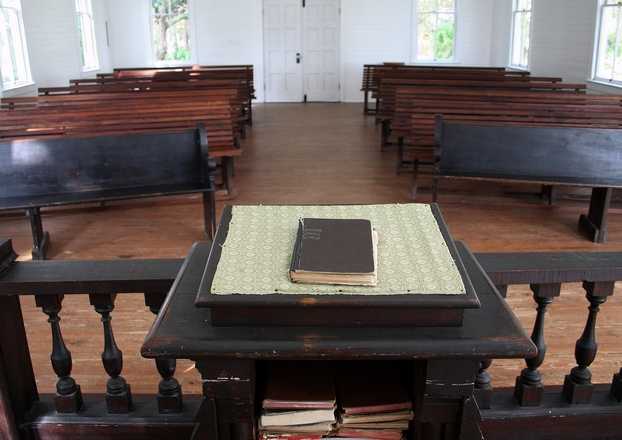
A research organization that seeks to “consider attitudes and behaviors that significantly impact spiritual growth” says that some pastors are concerned that a percentage of professing Christians won’t attend church once the pandemic is past but will continue to stay home and watch online.
“How church leaders plan and respond now will make the critical difference in how the Church continues after the pandemic,” said Dr. Arnie Cole, director of Research and Development for the Center for Bible Engagement.
“Each of us can choose to virtually attend any church with an online presence. This choice can be an add-on to our active participation in our local church or a substitute for it. Online worship with the mega church across the country can be a ‘yes, and’ or an ‘in lieu of.’ As behavior scientists, we believe the ‘in lieu of’ scenario is the more likely one, and that has many pastors and leaders concerned.”
The Center for Bible Engagement conducted a survey this month with North American pastors to ask questions such as, “How has attendance and giving been [in the midst of the pandemic]?” and “When you return to holding in-person services, what do you expect attendance will be?”
While the majority said that viewership is currently up and felt that church attendance will likely remain the same or improve after the pandemic, the Center for Bible Engagement is honing in on the 34 percent of pastors who agreed that they are “moderately” worried some will stay home and the 61 percent who admitted that they are concerned a “little.” 14 percent of pastors said that attendance will likely be “worse.”
Cole says that his organization has put its finger on several reasons why some professing Christians might not attend church after in-person services resume. One, people have formed new habits in watching online, and they like the convenience of having “interactive” sermons as “most people appreciate the ability to comment, chat or even ask a question during a service.”
“Additionally, the culture has taught people to expect things to be customized to their time schedules and available on-demand,” Cole outlined.
However, while online preachers may generate many views, they “can’t meet the day-to-day needs of all the people who hear [them] preach,” he noted. There needs to be a personal and local connection; they need the local church.
“Church leaders need to make personal relationships with their members priority one. They need to concentrate on the six days between Sundays, helping people stay connected with God beyond the four walls of a church,” Cole opined. “The difference between a lukewarm Christian and an engaged disciple-maker is what they do between Sundays.”
Research conducted by the organization, based on information from users of its personalized Bible app, also found that some Christians are “starting to struggle spiritually in a huge way,” and are struggling with feeling “spiritually stuck” during the pandemic. Some are dealing with fear and destructive thinking.
Hebrews 10:24-25 instructs, “[L]et us consider one another to provoke [each other] unto love and to good works, not forsaking the assembling of ourselves together, as the manner of some is, but exhorting one another — and so much the more as ye see the day approaching.”
Become a Christian News Network Supporter...


